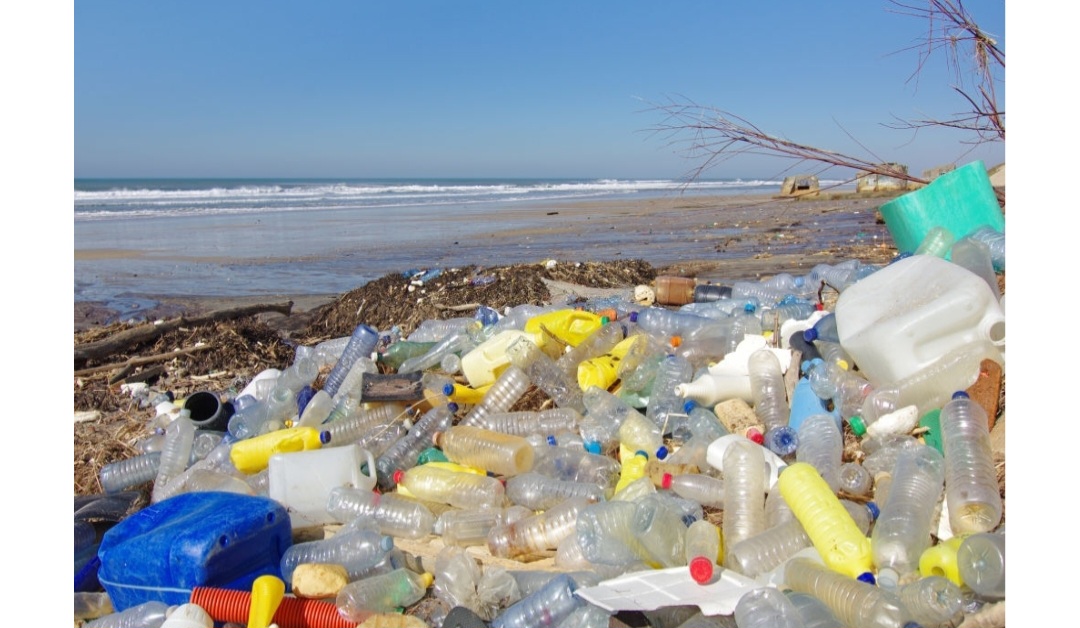In recent years, the issue of plastic waste has emerged as a looming catastrophe for the environment, with far-reaching consequences that threaten ecosystems worldwide. From the deepest ocean trenches to the highest mountaintops, no corner of the planet remains untouched by plastic waste pollution.
At the heart of this crisis lies Uganda where the population is struggling with large volumes of plastic waste generated by human activity. The country generates approximately 600 tons of plastic waste daily according to the National Environment Management Authority (NEMA) making Uganda a big contributor to recent estimates, of over 300 million tons of plastic waste produced globally each year, a figure that continues to rise unabated.
Despite efforts by the stakeholders to promote recycling and reduce single-use plastics, much of this waste ends up in landfills, rivers, and oceans, where it persists for centuries, wreaking havoc on the natural world.
One of the most alarming aspects of the plastic waste crisis is its impact on marine ecosystems. Every year, millions of tons of plastic debris find their way into the world’s oceans, posing a grave threat to marine life for example plastics have hurt fish production in lake Albert which has affected the fish stock.
Sea turtles mistake plastic bags for jellyfish, seabirds become entangled in fishing lines and plastic packaging, and marine mammals ingest plastic particles, leading to starvation and death.
Moreover, as plastics break down into smaller fragments known as microplastics, they enter the marine food chain, potentially contaminating seafood consumed by humans like fish.
But the environmental consequences of plastic pollution extend far beyond the ocean’s shores. On the environment, plastic waste disrupts soil fertility, inhibits plant growth, and leaches harmful chemicals into groundwater which is consumed by both plants and humans. Moreover, plastic affect the natural beauty of our planet, diminishing the quality of life for both humans and wildlife.
Despite evidence of the environmental effects of plastic waste, efforts to address the crisis have been inadequate. Weak regulations, insufficient waste management infrastructure, and a lack of corporate accountability have perpetuated the cycle of plastic pollution, causing its impact on the environment.
However, there is still need for hope. grassroots movements, innovative technologies, and government initiatives are emerging to combat plastic pollution. From community groups to ambitious plastic recycling programs, there is growing to tackle this urgent environmental challenge.
In conclusion, Climate crisis demands immediate action and failure to address this pressing issue poses harm to our environment and future generations.
Do you have a story in your community or an opinion to share with us: Email us at Submit an Article









